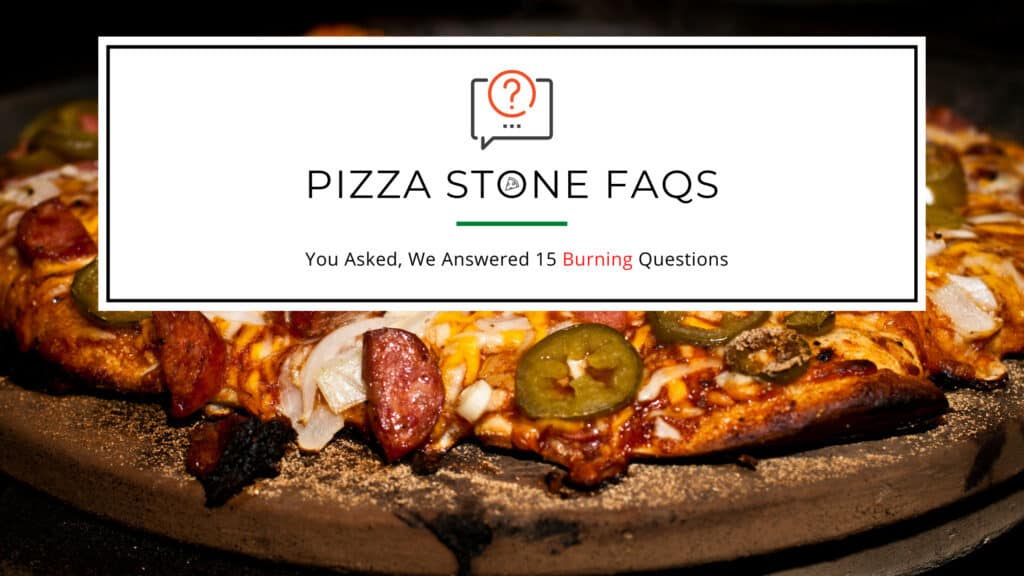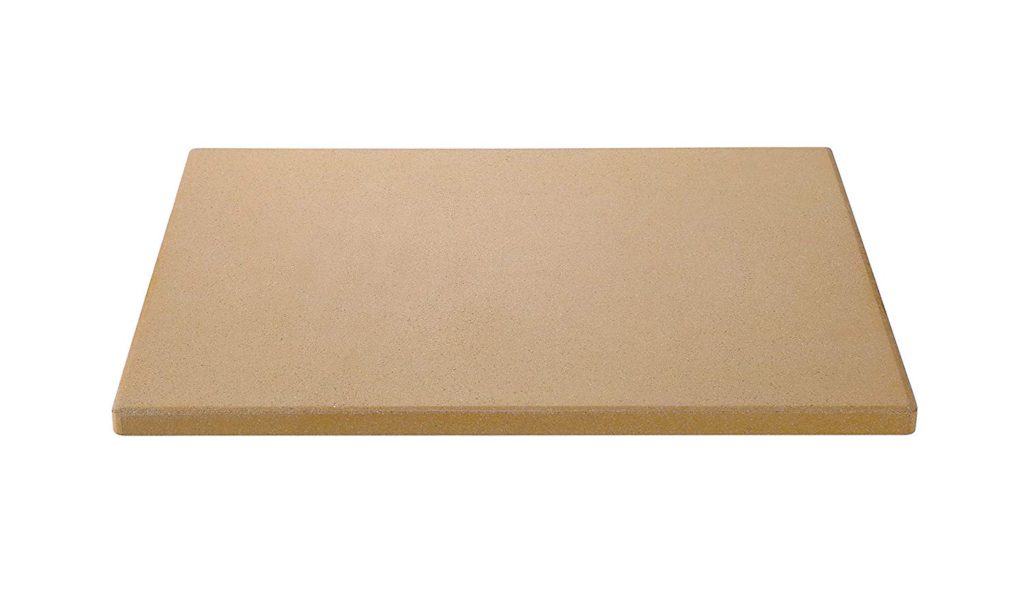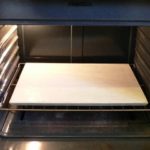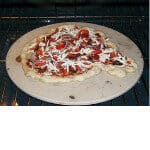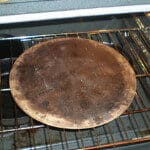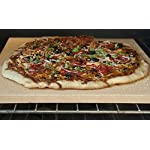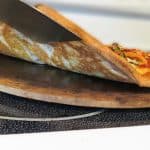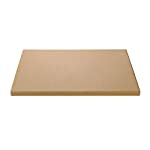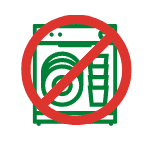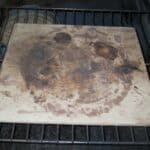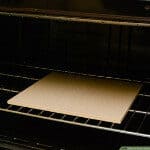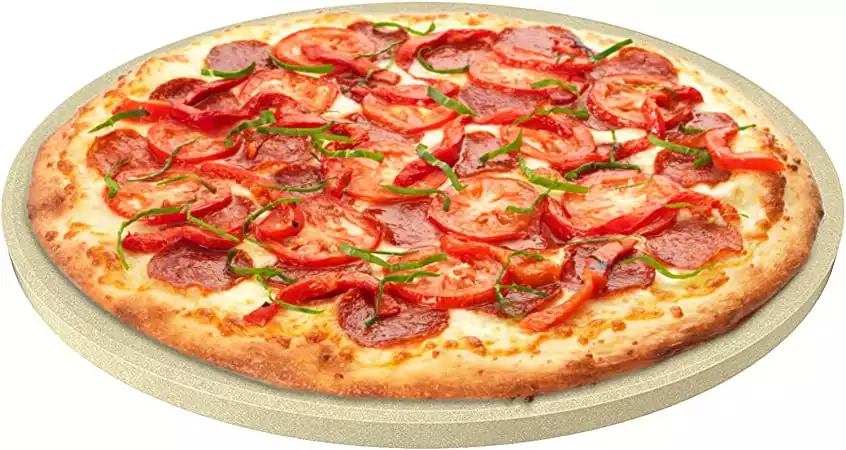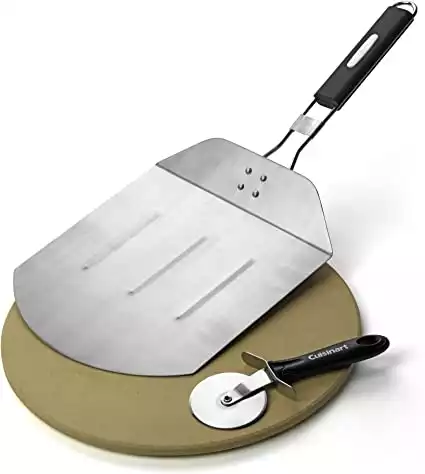Pizza Stones FAQs
We have 15 pizza stones FAQs for you today!
You must have heard about pizza stones and how they work. These pizza stones can hold the heat and ensure that your pizza is well-cooked.
It can also make the crust crispy bottom, which makes your pizza more delicious.
If you haven’t tried using pizza stone like a pizza baker, then it’s time to learn more about it. In this article, you will learn the answer to the frequently asked questions about this topic.
It will help you decide whether to use or not to use a pizza stone and the best way to take care of your pizza stone.
So, let’s get started with our pizza stones faqs!
Here’s What You Will Find:
Pizza Stones FAQs: 15 Frequently Asked Questions
-
At what temperature do you cook pizza on a pizza stone? What is a pizza stone max temperature?
The pizza stone temperature should be at 550°F or 287°C. It means that you need to preheat it from the oven to more than 500° or 287°C; if you can.
This process will ensure that you can cook the pizza evenly at that temperature.
If you use Pizzacraft stones, they can withstand up to 900°F or 482°C.But if you’re using a random pizza stone, it can only hold the same temperature as your oven. However, the pizza stone can increase your oven’s temperature, which will be great for baking.
-
When to put a pizza stone in the oven?
You should allow a minimum of 30 minutes to preheat your pizza stone.
Make sure that the pizza dough will have room temperature before cooking it.
Frozen pizza dough is not a good idea since the temperature change can leave your pizza stone cracked.
It’s best if you can let the frozen pizza dough thaw and reach room temperature before baking it.
That will also guarantee that your pizza will be cooked evenly and maximize its texture and flavor.
-
How long do you cook pizza on a pizza stone?
Allow pizza to cook from 8 to 10 minutes on a pizza stone. Make sure to adjust the temperature depending on the thickness of the pizza crust.
The thinner the pizza dough, the higher the temperature. It will have a crispy crust that way.
You can also cook the pizza dough for 10 to 12 minutes if it’s thicker. Although the temperature should be lower, which is 475F or 240C.
It will avoid burning the pizza and cook it evenly.
-
Why is my pizza stone sticking?
If your pizza is sticking on the pizza stone, there are different reasons why it’s happening.
The problem is not your pizza stone but the pizza dough itself. Therefore, you have to check the dough before cooking it.
Reasons Why Pizza is Sticking:
1- Pizza dough has a hole that causes the toppings to fall into the oven.
2- The dough is too wet, which causes it to stick.
3- Lifting the pizza too soon when the dough is still sticky.
-
Do you put oil on a pizza stone?
This is a big NO!
Do not put oil on a pizza stone since it’s not advisable. The pizza stone has a porous ceramic surface.
The best way to make it easier to use is to keep on using it.
Pizza dough might stick to the pizza stone during the first few minutes as you cook.
But the pizza stone will soon release it once the dough is cooked and formed into a crust—no need to use oil and wait patiently.
-
How to season pizza stone?
Pizza stones don’t need to be seasoned since seasoning can happen naturally.
To season your pizza stone, keep on using it continuously for it to be seasoned. It will absorb the grease, cheese, and oils as you use it over time.
The best way to make your pizza stone conditioned faster is to leave it inside the oven.
It’s not the same as cast iron pizza pans; therefore, it’s not ideal for seasoning it and just waiting for it to happen naturally.
-
When to use a pizza stone?
Short answer, Always!
However, you can use a pizza stone once you have prepared some steps before baking.
If it’s your first time using the pizza stone, sit it with flour first.
Make sure that you preheat your oven before putting it inside the oven.
Once it reaches the ideal temperature, about 550°F, you can already use the pizza stone.
It’s hot enough to bake your pizza.
You can also use a pizza peel to place your pizza on your stone if you want to.
-
Are pizza stones worth it? Does a pizza stone make a difference?
Having a pizza stone is worth it since it can hold heat better and evenly.
If you compare it to the metal of a baking sheet, pizza stone can cook your pizza more even, and it will look better.
Its porous surface can draw water away from the dough while baking. That will evenly cook the pizza without burning the sides.
Preheating the pizza stone will also give the dough a good heat and allow the crust to puff.
-
Which side of the pizza stone to use?
Most pizza stones are double-sided, so it doesn’t matter which side you would like to use.
But if you get a pizza stone with different surfaces, then it’s best to use the smoother side to bake your pizza.
The smoother side means that it’s for the pizza dough since it will not leave rough marks on the crust.
In contrast, the rough side should help the pizza stone stay in place and avoid slipping inside the oven.
-
Is the pizza stone dishwasher safe? Or, can pizza stone go in the dishwasher?
Pizza stones are not dishwasher safe.
Please do not attempt to put it inside your dishwasher. It can end up with cracks, and you will no longer be able to use it anymore.
Avoid soaking it even with plain water as well.
You can clean your pizza stone by rinsing it with water.
Do not use dishwashing soap or detergent.
You can scrape some residue using a plastic spatula to avoid scratching the surface.
-
Can pizza stone stay in the oven? Where to store pizza stone?
Yes, you can store your pizza stone inside the oven.
Just make sure to allow the oven to cool off first.
The temperature change can cause the pizza stone to crack, and you don’t want that to happen.
You can store the pizza stone in a well-ventilated area.
It’s also ideal for storing it inside the oven and covering it with foil to avoid it from getting dirty. It will protect your pizza stone and be ready for your next use.
-
Which rack should I place the pizza stone on?
Pizza stone should be placed in the middle of the lowest rack. You can then preheat the oven if you’re baking so that the stone will be ready.
Wait for at least 30 minutes before adding the pizza dough so that the stone is hot enough to cook it.
Avoid placing the pizza stone in a hot oven at room temperature.
The sudden increase in temperature will cause the pizza stone to crack since the material can’t handle it.
-
Can pizza stone get wet? Can pizza stone be washed?
A pizza stone can be washed with water, so it’s alright to have it wet but not too much.
Avoid cleaning it with soap or detergent. Soaking the pizza stone is not also a good idea, so it’s best just to rinse it with water.
Make sure that the pizza stone is already cooked off before rinsing it.
The stone is very sensitive to sudden temperature changes, and it will crack if you run water on its hot surface.
-
When do you clean pizza stone?
A pizza stone doesn’t require regular cleaning since using it seasoned it well.
You don’t always have to wash it like other baking utensils. But if you have to clean it, be sure to do the following steps below.
Let the pizza stone cool off completely.
– Use a plastic spatula to scrape the stuck food.
– Avoid using soap or detergent when you clean it.
– Use a damp cloth to clean the surface rather than running water on it.
– Make sure that the pizza stone is completely dry before using it.
Missing Pizza Stones FAQs?
If you have any pizza stones faqs that you want us to answer, don’t hesitate to contact us.
Here are Our Recommended Pizza Stones
Pizza stones can make your ordinary homemade pizza taste like they are from your favorite pizzeria. This can deliver the crispiest crusts with amazing, melting ‘gooey” toppings. Cast Elegance stones are made from a specially designed, premium blend of cordierite that magnifies the heat of a home oven and gives you the performance of a professional brick baking oven right in your own kitchen.
This ceramic pizza stone bakes a crisper, more flavorful, and delicious crust. That's because the stone is heat-resistant to 800° and distributes heat evenly without hot spots, which mimics the conditions of a traditional brick pizza oven.
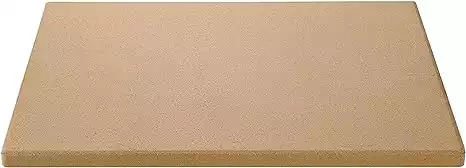 Unicook Heavy Duty Pizza Grilling Stone
Unicook Heavy Duty Pizza Grilling Stone
Unleash the hidden chef in you with the Unicook Heavy Duty Pizza Grilling Stone. This exceptional tool, crafted from durable cordierite material, promises to transform your homemade pizzas into culinary masterpieces. Its thermal shock resistance ensures that it can withstand extreme temperatures, from the high heat of your oven or grill to the cool countertop post-baking.
Heat resistant up to 1,450°F (787°C).
The Unicook Pizza Stone evenly distributes heat for a consistently crisp and beautifully browned crust every time, while its porous surface absorbs excess moisture, bidding goodbye to the dreaded soggy crust. Its considerable size makes it perfect for baking family-sized pizzas, bread, biscuits, and more. Step into a world of unmatched flavor and crispness with the Unicook Heavy Duty Pizza Grilling Stone—your gateway to a home pizzeria experience.
Here is What the Pros at Homemade Pizza Pro Use and Recommend
 Unicook Heavy Duty Pizza Grilling Stone
Unicook Heavy Duty Pizza Grilling Stone
Unleash the hidden chef in you with the Unicook Heavy Duty Pizza Grilling Stone. This exceptional tool, crafted from durable cordierite material, promises to transform your homemade pizzas into culinary masterpieces. Its thermal shock resistance ensures that it can withstand extreme temperatures, from the high heat of your oven or grill to the cool countertop post-baking.
Heat resistant up to 1,450°F (787°C).
The Unicook Pizza Stone evenly distributes heat for a consistently crisp and beautifully browned crust every time, while its porous surface absorbs excess moisture, bidding goodbye to the dreaded soggy crust. Its considerable size makes it perfect for baking family-sized pizzas, bread, biscuits, and more. Step into a world of unmatched flavor and crispness with the Unicook Heavy Duty Pizza Grilling Stone—your gateway to a home pizzeria experience.
Pizza Stones Additional Resources
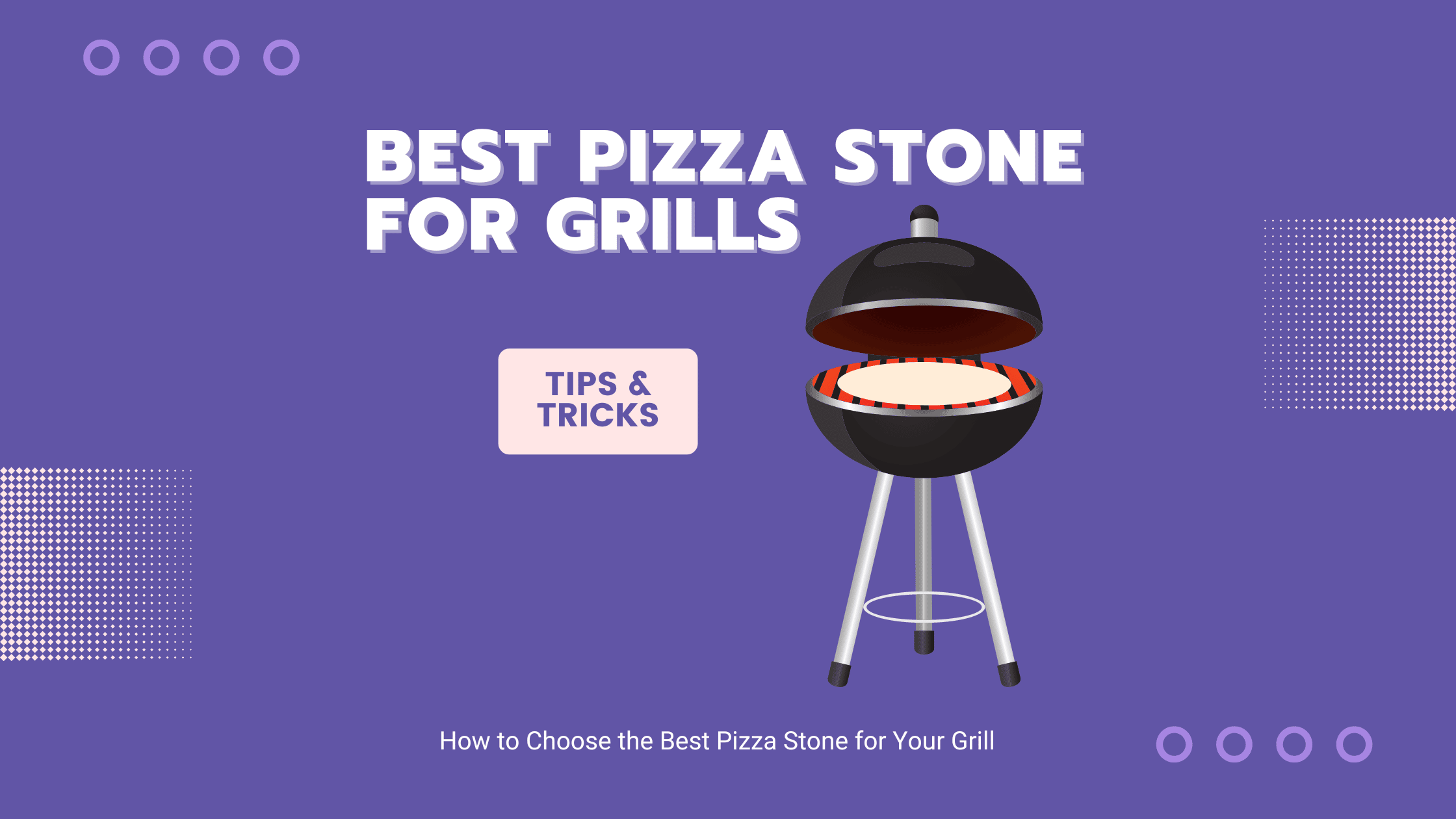
Best Pizza Stones for Grills in 2023
the PROs
Best Pizza Stones for Grills Do you know which is the best pizza stone for a grill? Pizza stones for …

Cooking Frozen Pizza on a Pizza Stone: How to Achieve a Crispy Crust Every Time
the PROs
If you’re looking to elevate your frozen pizza game and achieve that perfect crispy crust, then cooking frozen pizza on …
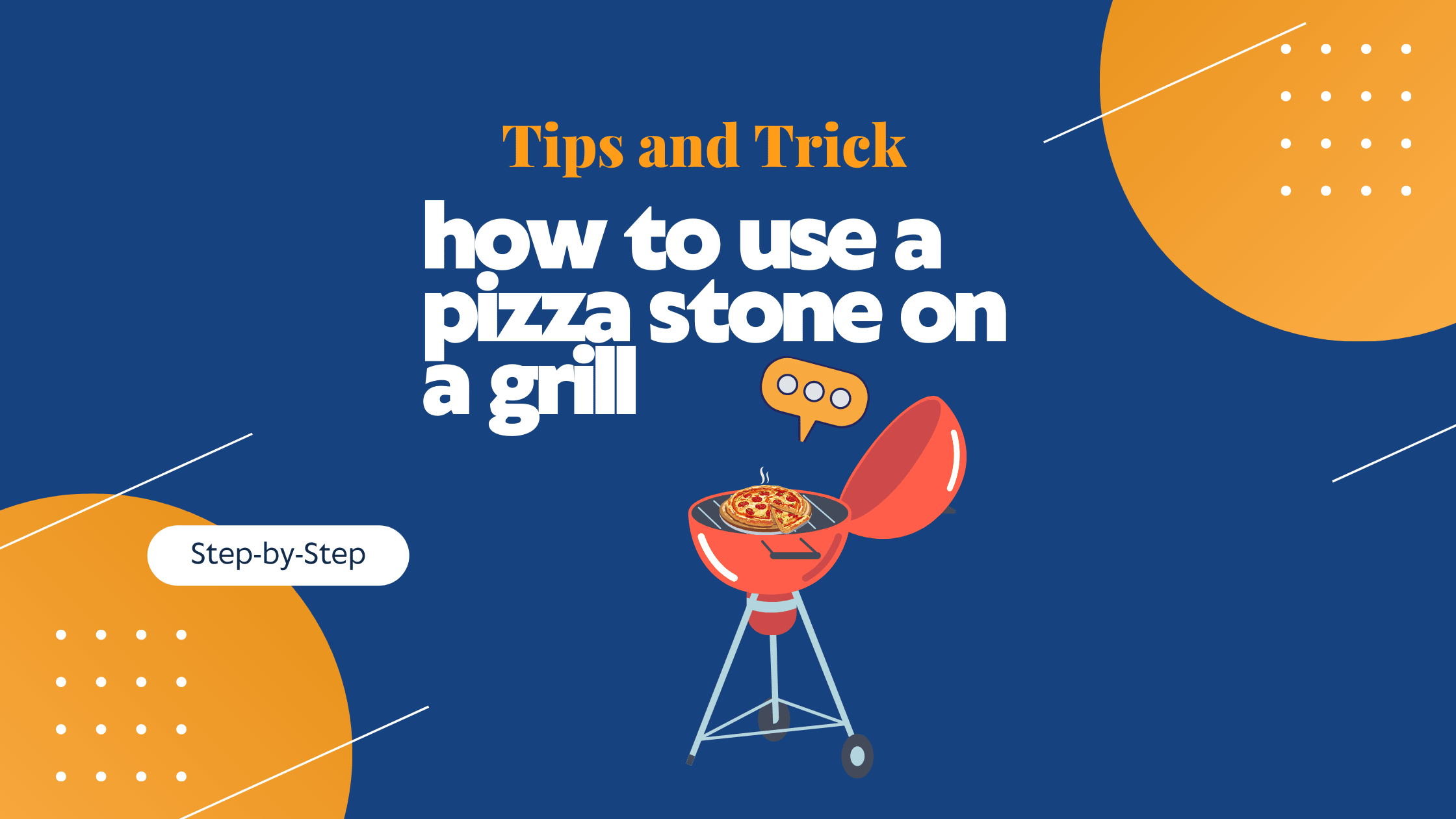
How to Use a Pizza Stone on a Grill (#1 Beginner’s Guide)
the PROs
How to Use a Pizza Stone on a Grill Quick question: do you know how to use a pizza stone …
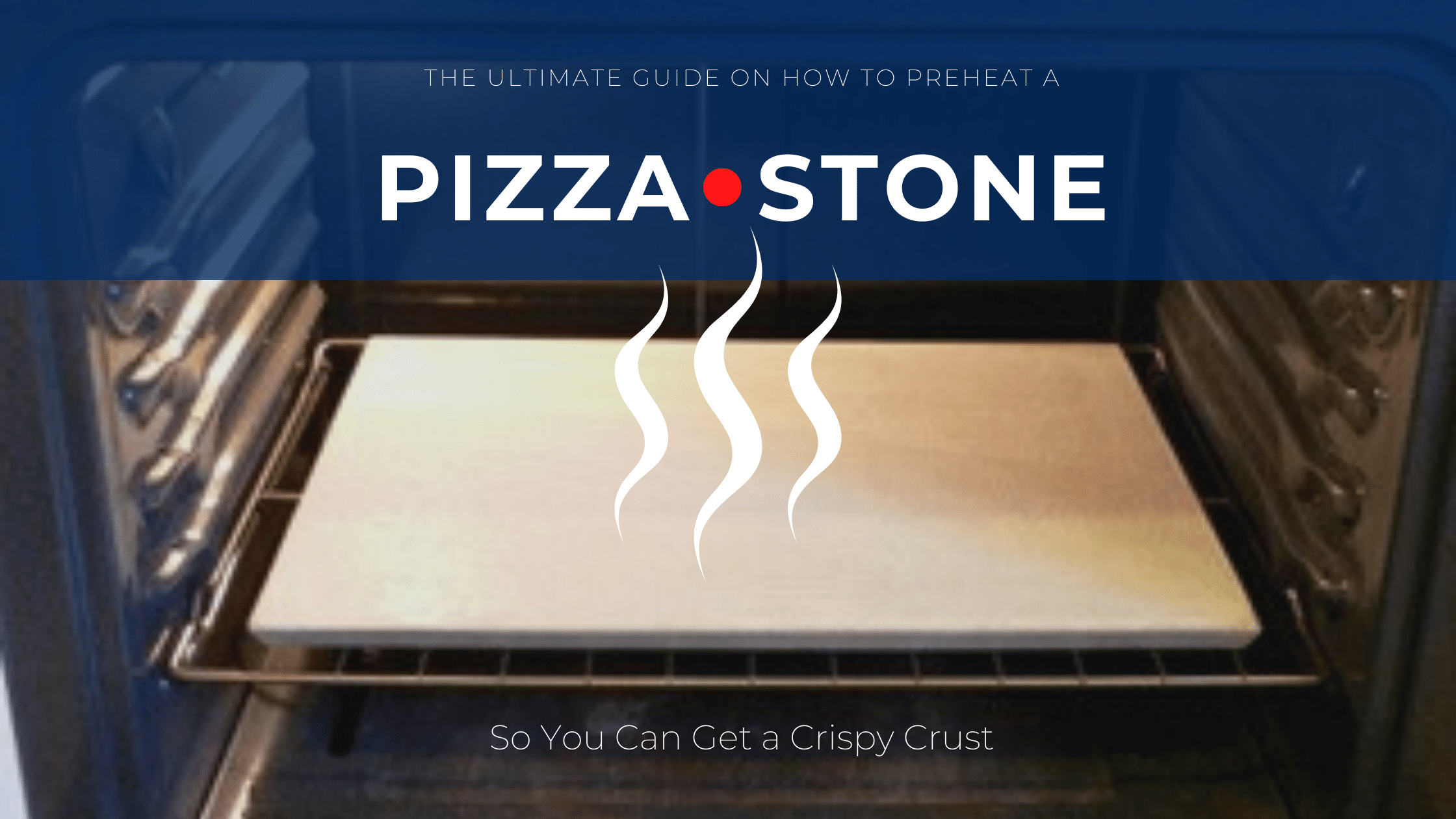
How to Preheat a Pizza Stone: The Ultimate Guide
the PROs
It’s a universally acknowledged truth that nothing quite matches the tantalizing aroma and delectable taste of a homemade pizza, crisped …
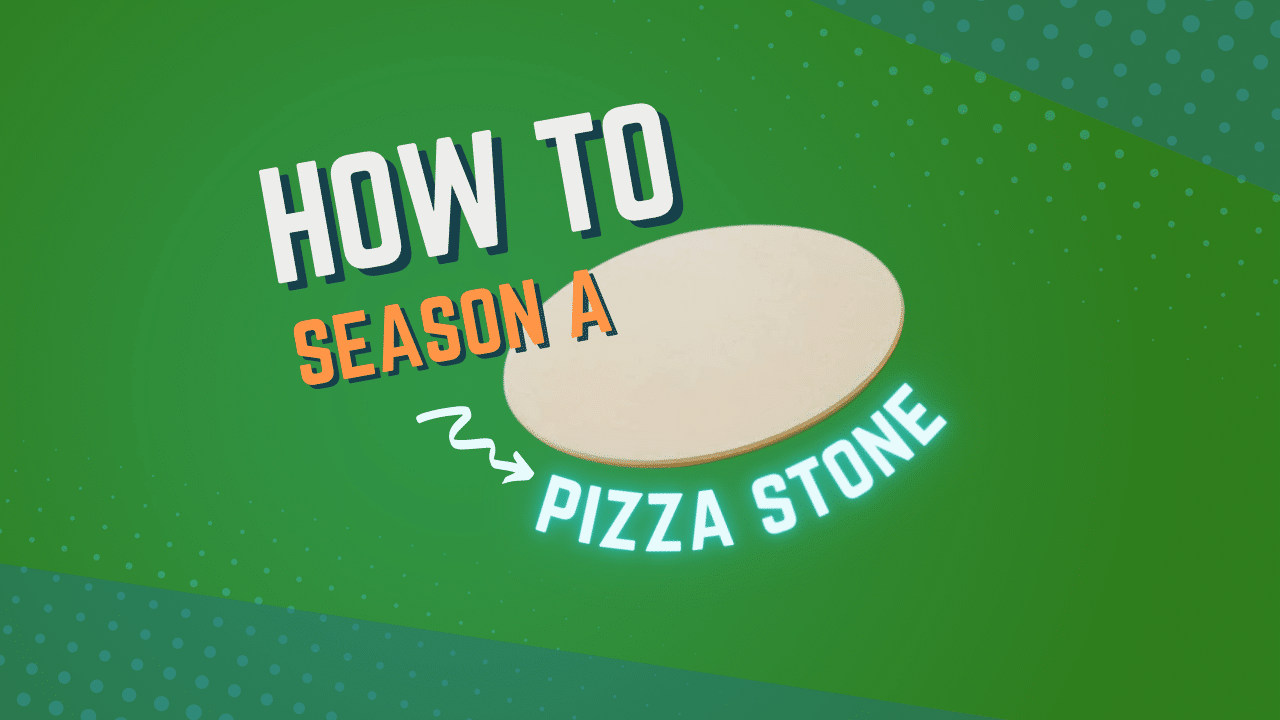
How to Season a Pizza Stone the Right Way!
the PROs
How to Season a Pizza Stone Are you wondering how to season a pizza stone? Today, we’ll look at how …
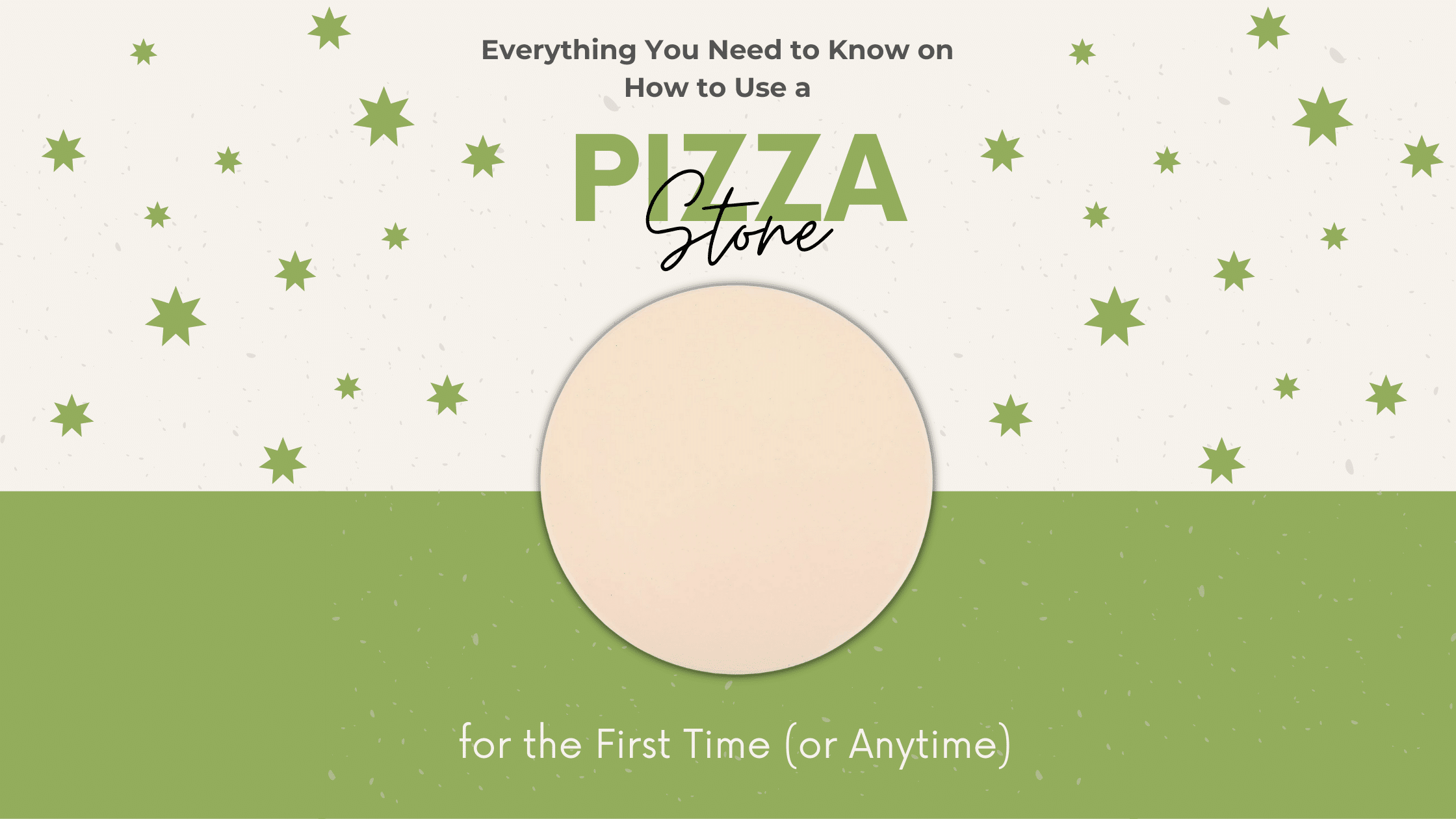
Everything You Need to Know on How to Use a Pizza Stone for the First Time
the PROs
How to Use a Pizza Stone for the First Time If you are a pizza lover, you may wonder how …
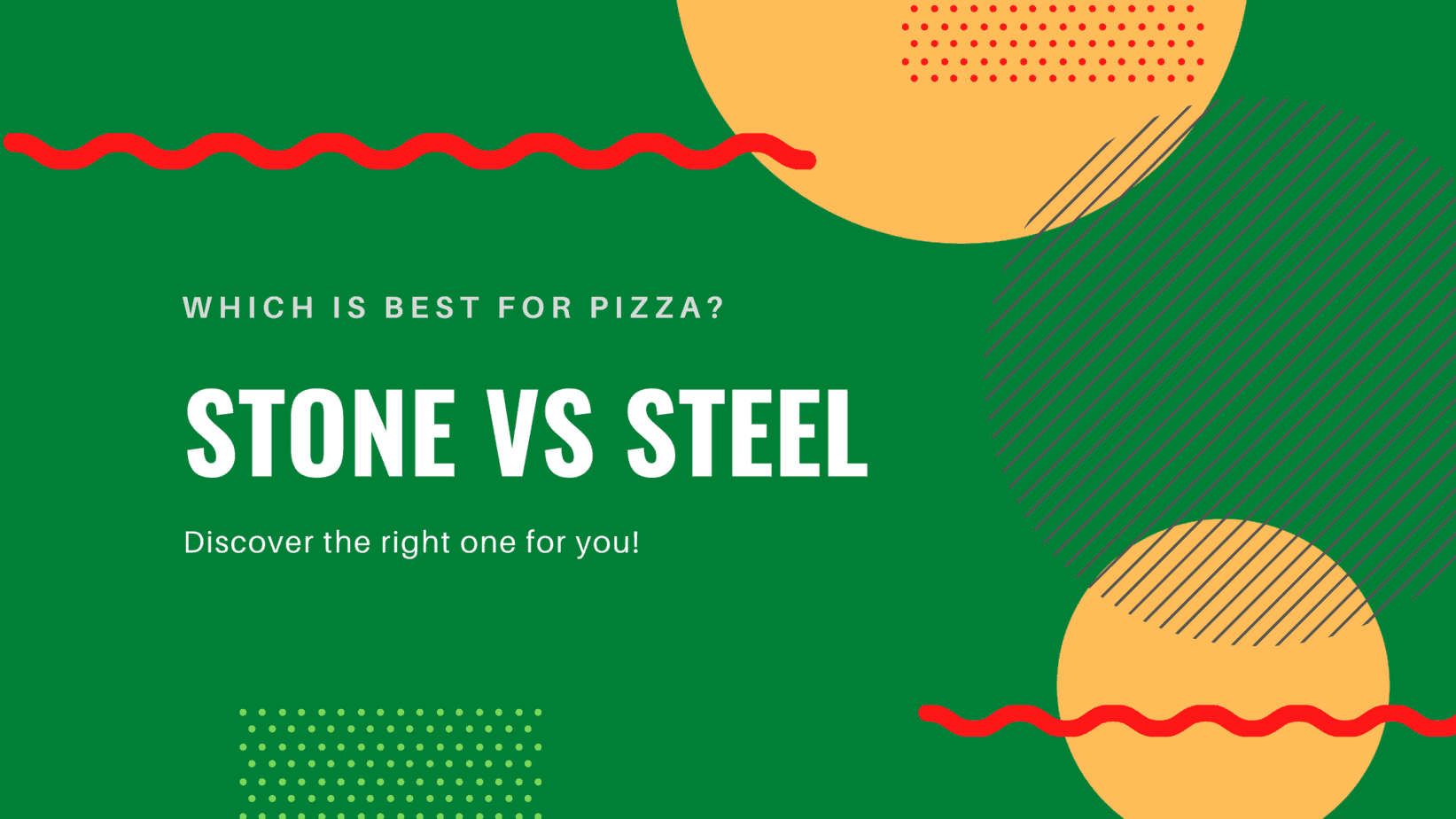
Pizza Stone vs Steel: Discover Which One You Need to Make the Perfect Pizza!
the PROs
Discover the difference between a pizza stone and pizza steel, why you need one, and find which is best for you for the perfect pizza!
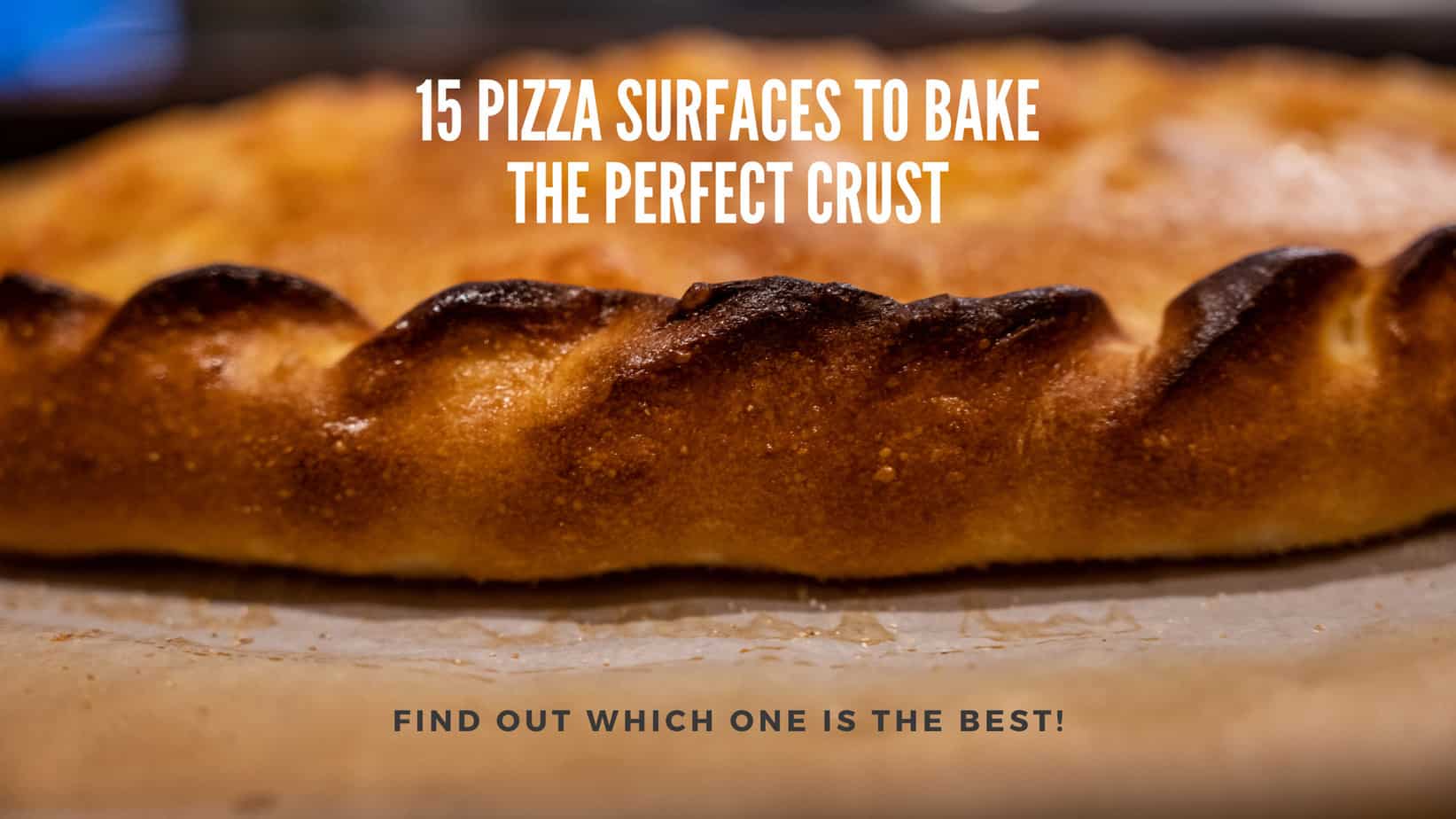
Insanely Powerful Pizza Stone Alternatives that will Give You the Best Crust
the PROs
Find 15 alternatives for a pizza baking surface. You may be surprised as some of them you may already own and some may take you for a spin.
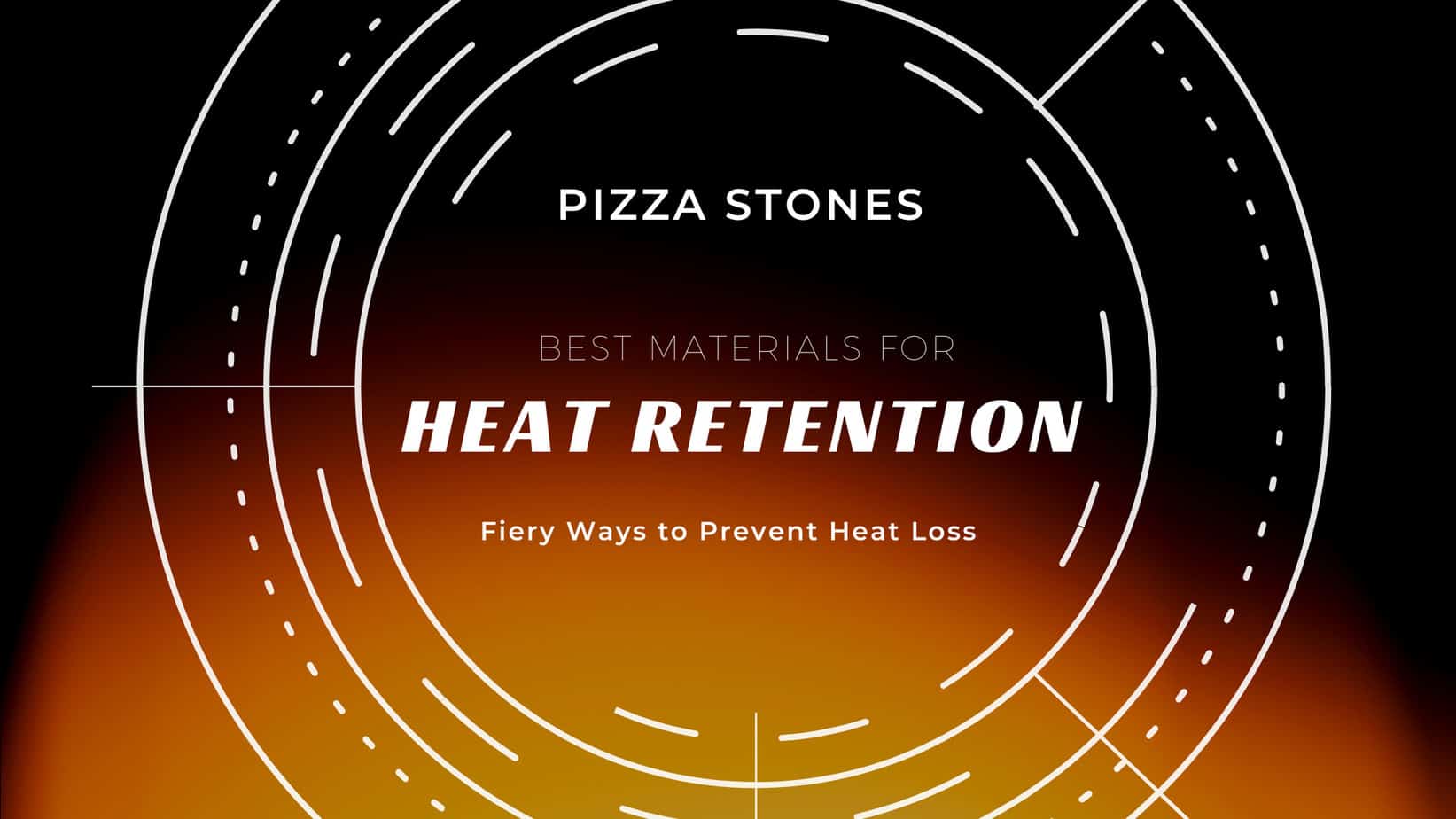
Pizza Stone Heat Retention [Best Pizza Stone Material]
the PROs
Read about pizza stones heat retention and distribution properties, their pros and cons, and which stone might work best for you!
The Last Slice
Now that you have learned the answer to most pizza stones faqs, you can go ahead and get one if you haven’t done so.
Just remember these pizza stones faqs so you can have a guide in your journey to becoming the best pizza baker around.
Enjoy!
Not a PRO? Not a Problem!
Take a pizza class to bring your pizza skills to the next level,
so you can be a PRO!
Related Posts

Costco Pizza Delivery: Find How You Can Get It Now!
the PROs
People go to Costco’s food court for many different reasons, but the cheesy slice of pizza they serve is among …
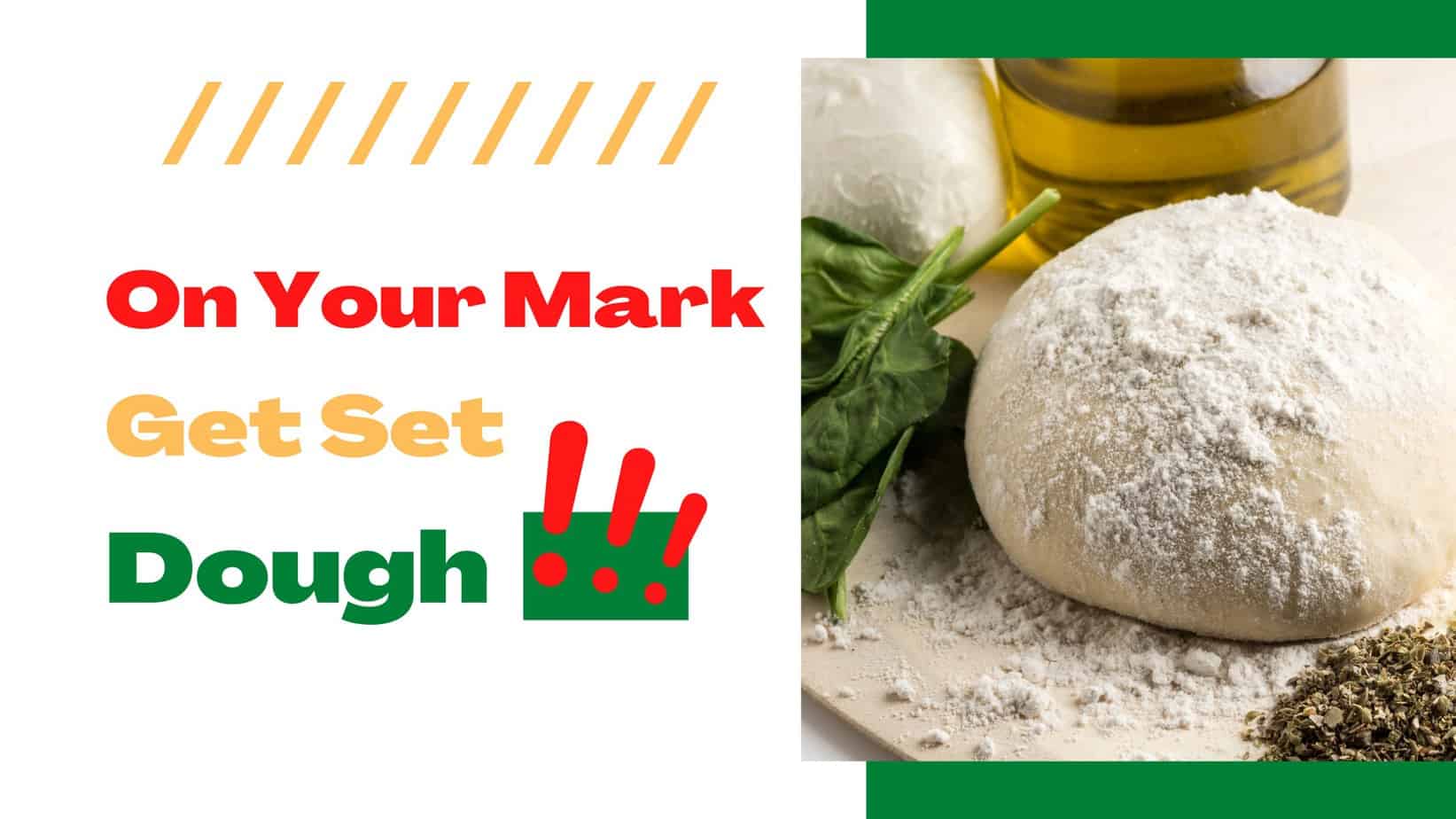
Pizza for Beginners: Don’t Buy Pizza, Make It! Here’s How to Get Started!
the PROs
You have this idea that you want to make pizza at home as opposed to ordering it, but where do you start? Don’t worry! Here you will find answers and directions to all your questions.

Pizza Toppings Under Cheese or Over Cheese? [Why the Order Matters]
the PROs
Is Pizza Cheese on Top or Bottom? Hey pizza lovers, are you wondering if you should layer pizza toppings under …
Newsletter
Subscribe to our Recipe of the Week newsletter and receive our partners’ latest recipes, tips, and discount offers.
Keep in Touch!
